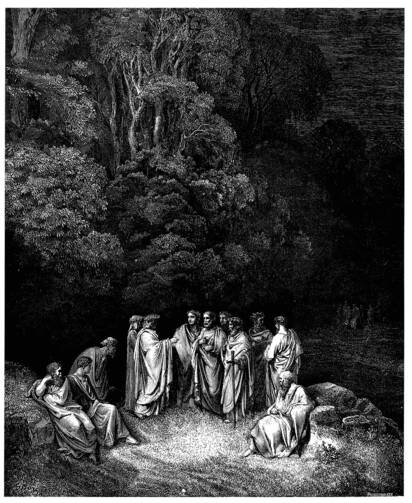One of the recurring questions in Catholic schools, especially when it comes to sustaining a strong Catholic identity, is the integration and presence of non-Catholic faculty. In the context of a university setting, John Langan, S.J., professor at Georgetown University, once framed the central inquiries as follows:
Can a university which has no effective Catholic presence in its faculty truly be a Catholic university? Can a university which gives religious considerations a central place in its hiring process retain credibility in the contemporary academic world? Can it cope with legal challenges to doing so? What place will a priority for Catholics leave for non-Catholic members of the faculty, many of whom have served, often with distinction, for long periods of time and who understandably resist any hint of second-class status?
Similar questions face Catholic high schools and grade schools. From my perspective, most people seem to agree that for a school to be truly Catholic, the school must have a substantial portion of faculty, staff and students who are practicing Catholics. I can speak from personal experience. When I was in high school, a crucial element of my faith formation was seeing teachers I respected attend Mass and embrace the faith with enthusiasm. I wanted to know why they did that. I wanted to know what attracted them to this mystery. My curiosity led me to attend Mass more frequently and on my own volition.
And yet, most people I know in Catholic education recognize that simply being Catholic doesn't necessarily guarantee a Catholic culture, nor does Catholic affiliation have any connection with the ability to teach and provide the mentoring and motivating that characterizes great educators. I recall that some non-Catholic teachers of mine— especially in college—did as much, and occasionally more, to advance my Catholic faith than some of my Catholic instructors. One of my philosophy professors, an atheist, believed passionately in objective truth and, through Plato and Aristotle, gave me the intellectual framework for me to later embrace Catholic ethics and theology. To this day, I regard his class as one of the landmarks in my faith formation.
I've seen this dynamic occur in other ways and in other areas, too. In the noble example of their lives and in their ability to inspire students, non-Catholic faculty often lay the groundwork for the emergence of a Catholic worldview. In this regard, it's worth noting that it was Virgil, the Roman poet, who guided Dante through his journey in The Divine Comedy, a juxtaposition of backgrounds that has much to teach us about the capacity for Catholic and non-Catholic faculty to not only co-exist, but to mutually deepen one another's faith and life experience.








